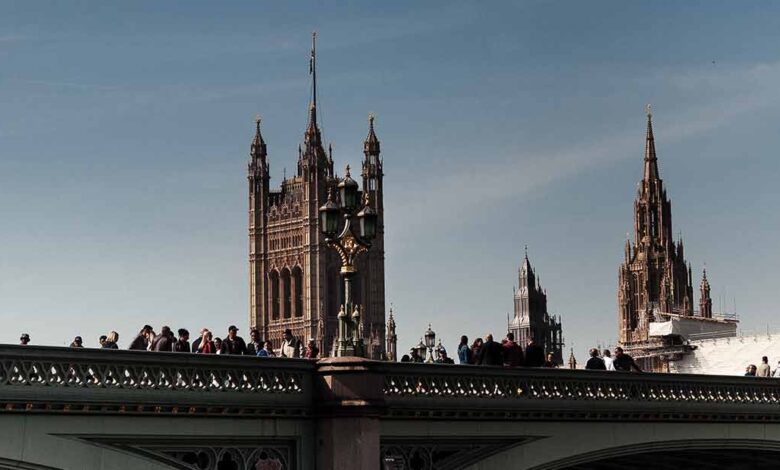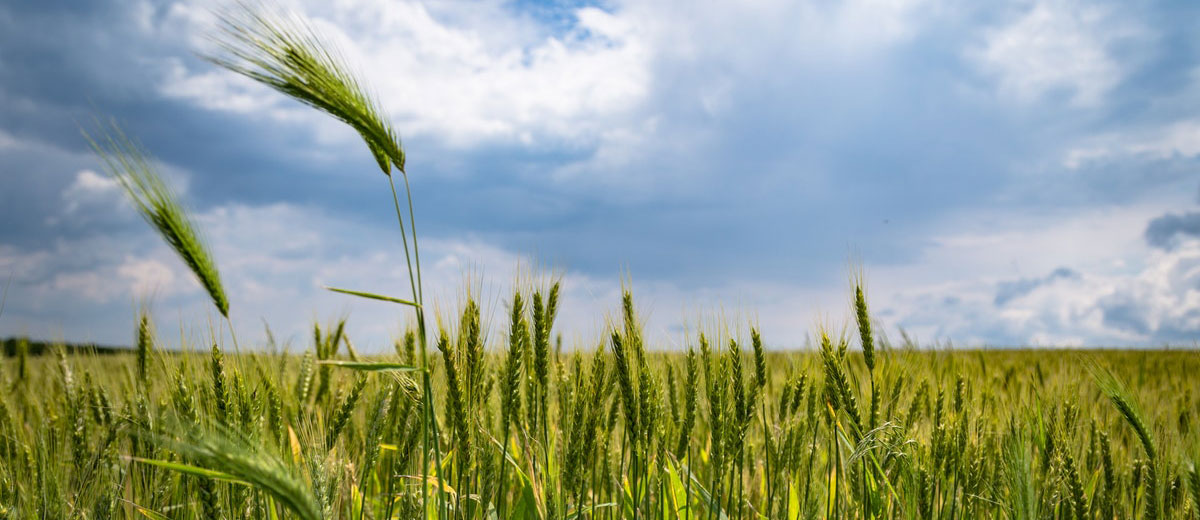
UK Economy Enters Recession
In the latter half of 2023, the UK’s economy entered a recession, presenting a challenging situation for Prime Minister Rishi Sunak as he prepares for an anticipated election this year, during which he has vowed to stimulate economic growth.
The UK’s Gross Domestic Product (GDP) saw a decline of 0.3% in the quarter ending December, following a 0.1% reduction from July to September, according to official statistics. This decrease in the fourth quarter surpassed the predictions of economists surveyed by Reuters, who had anticipated a slight decline of 0.1%.
The British pound weakened against the dollar and the euro, prompting increased speculation among investors that the Bank of England might reduce interest rates within the year. Additionally, calls for governmental support intensified from businesses in anticipation of the upcoming budget announcement on March 6.
This downturn places the UK alongside Japan as one of the Group of Seven (G7) advanced economies currently experiencing a recession, though it’s expected to be relatively brief and mild by historical measures. Canada has yet to disclose its GDP data for the final quarter.
Currently, the UK’s economy is only 1% above its late 2019 level, pre-COVID-19 pandemic, marking it as one of the G7 countries with the least recovery, trailing only behind Germany.
Despite the Conservative Party’s long-standing dominance in British politics, credited with economic prowess, recent opinion polls suggest that the Labour Party now holds greater public trust in economic matters. Analysts have predicted that this period will see the first decline in British households’ living standards between two national elections since World War II.
Ruth Gregory, Capital Economics’ deputy chief UK economist, emphasized the political rather than economic impact of the recession announcement, coinciding with two critical by-elections for the Prime Minister.
On the financial front, Finance Minister Jeremy Hunt expressed optimism about the economy’s direction, advocating for continued tax reductions on work and business to strengthen the economy, a stance opposed by the Labour Party.
Reports indicate that Hunt may be considering significant cuts to public spending to enable tax reductions ahead of the election, constrained by the financial outlook.
The Office for National Statistics reported a marginal 0.1% economic growth for 2023 over 2022, with a modest improvement forecasted by the Bank of England for 2024, projecting a growth rate of 0.25%.
This stagnation follows the historic downturn triggered by the COVID-19 pandemic in early 2020 and the severe recession resulting from the global financial crisis spanning 2008 to 2009.
Recent data showed inflation remained unexpectedly low at 4% in January, reigniting discussions about a potential interest rate cut by the Bank of England, possibly by mid-year. However, recent strong wage growth highlights the Bank’s cautious stance.
Amid these developments, Bank of England Governor Andrew Bailey acknowledged some positive economic signs but stressed the need for more evidence of easing inflation pressures.
The latest figures also revealed a 0.1% monthly GDP decrease in December after a 0.2% increase in November, with significant downturn contributions from manufacturing, construction, and wholesale sectors. Since early 2022, GDP per capita has not grown, marking the longest period of stagnation since records began in 1955.








































